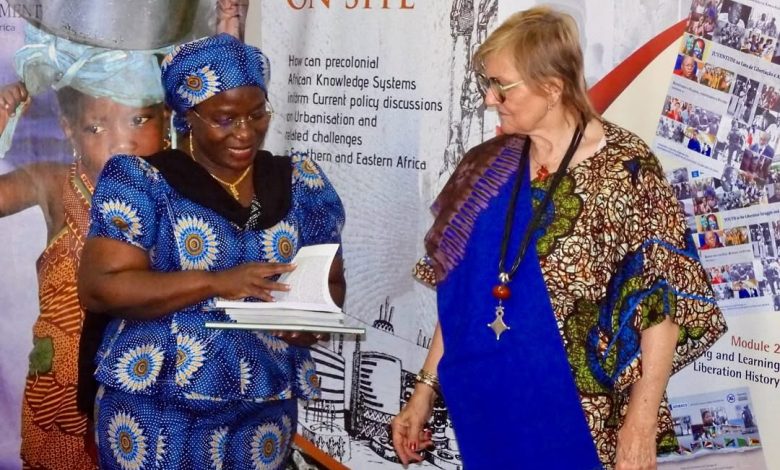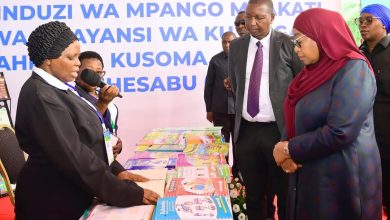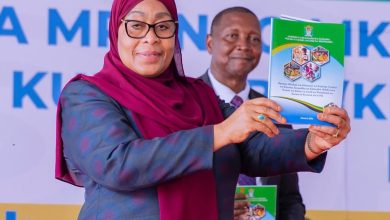Tanzania lures SARDC to incorporate Kiswahili in its publications

HARARE, ZIMBABWE: Tanzania called on the Southern African Research and Documentation Centre (SARDC) to consider incorporating Kiswahili in its publications since the language has already been adopted as an official communication language by the Southern African Development Community (SADC).
The Tanzanian Ambassador to Zimbabwe, Suzan Kaganda, suggested paying an official visit to the SARDC offices, located in Harare, Zimbabwe.
During the visit, Ambassador Kaganda held discussions with the leadership of the institution on strengthening cooperation between the Embassy and SARDC, particularly in the areas of research, history, and regional communication.
Ambassador Kaganda was received by SARDC Executive Director Munetsi Madakufamba and Founding Director Phyllis Johnson.
In the discussions, Ambassador Kaganda expressed her appreciation to SARDC for the opportunity to engage with them and emphasized the centre’s significant contribution to advancing research on Southern Africa. She noted that SARDC serves as an important resource for the current generation to learn and gain deeper understanding of the region’s liberation history and economic development issues.
ALSO READ: SADC calls for the establishment of the Regional Development Fund
The Ambassador further highlighted that SARDC’s work—including books, journals, and various research publications—not only benefits the people of Zimbabwe but also reaches and supports readers in other African countries, including Tanzania.
Insisting, Ambassador Kaganda called on SARDC to consider incorporating the use of Kiswahili in its publications, pointing out that Kiswahili has already been adopted as an official communication language by the Southern African Development Community (SADC).
In response, SARDC officials expressed their gratitude to Ambassador Kaganda for honoring their institution with her visit. They described the visit as highly significant, especially considering that SARDC was established with the support of Tanzania’s Founding Father, the late Mwalimu Julius Kambarage Nyerere, with the goal of preserving the history of liberation movements in Southern Africa.

Phyllis Johnson added that SARDC has already produced youth-oriented publications, with some of their works being published in collaboration with Mkuki na Nyota Publishers of Tanzania.
The Tanzanian Embassy and SARDC agreed to continue strengthening their existing partnership for the benefit of current and future generations in the SADC region.





